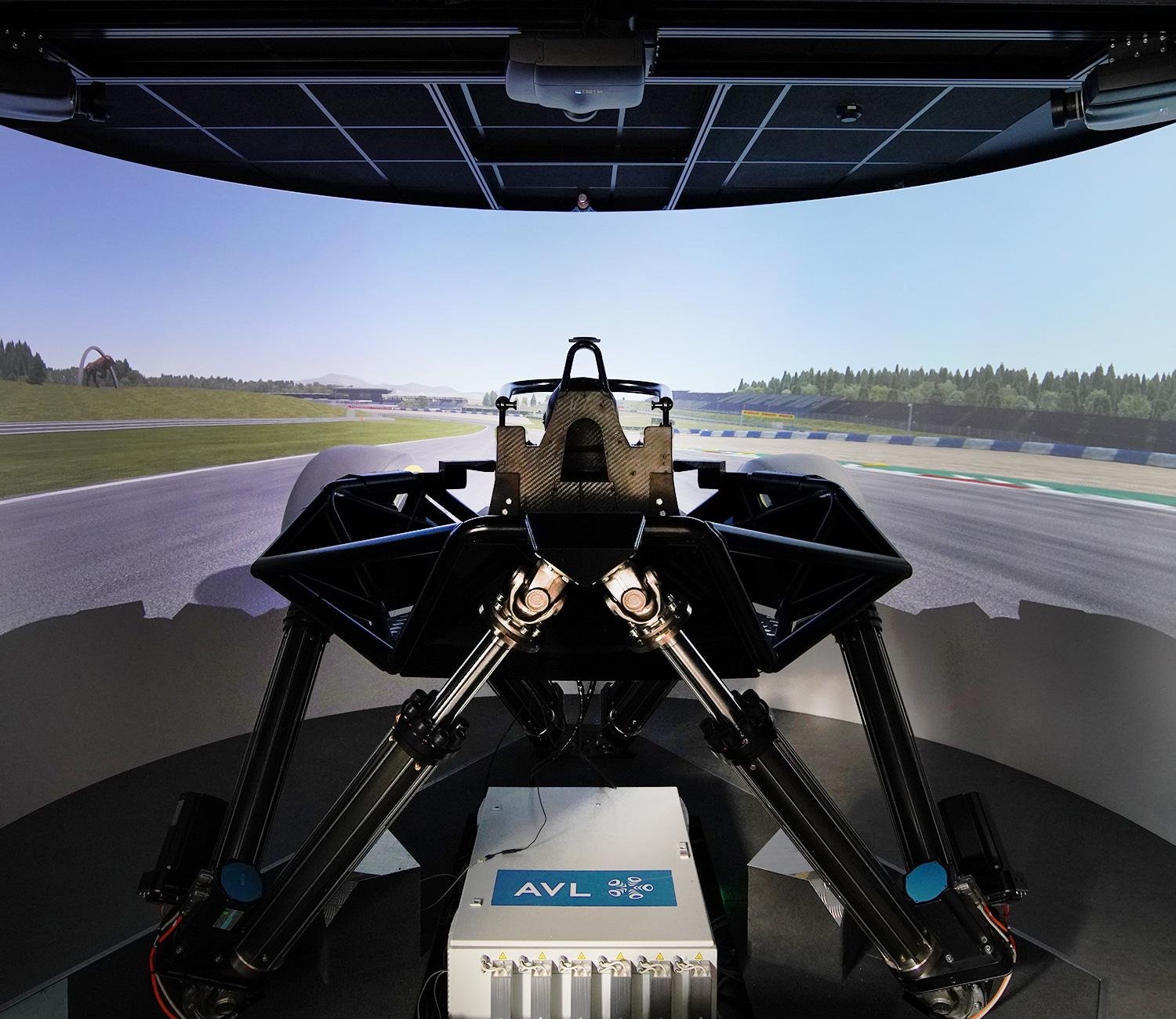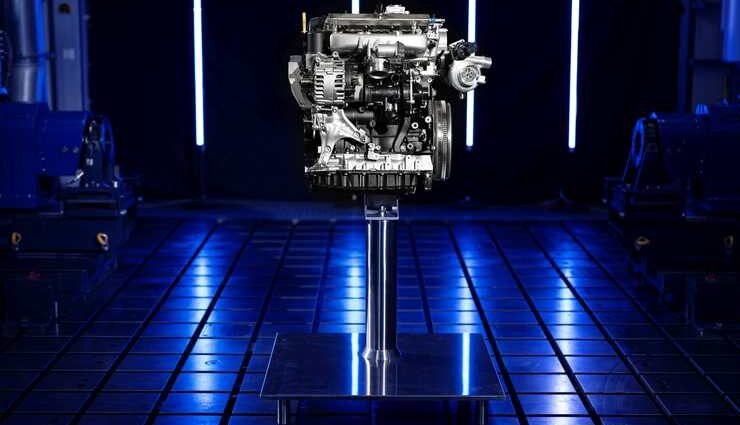The race to decarbonize transportation is on, and hydrogen (H2) is a leading contender. However, traditional hydrogen engines face a challenge: power limitations. Here’s where a remarkable innovation comes in: a water-injected H2 engine that breaks records.
While green hydrogen production is ramping up globally (Spain alone accounted for 20% of new projects in Q1 2022!), a new engine design disrupts the scene.
This isn’t a complete rejection of H2, but rather a performance boost. Austrian company AVL Racetech developed a powerful H2 combustion engine, proving its potential as an alternative to electric vehicles, even in racing. The secret lies in water injection. This innovative system, developed with Hungary’s HUMDA lab, solves the power issues typically associated with H2 engines.

Here’s how it works: Port Fuel Injection (PFI) introduces regular water into the engine’s air intake. This prevents premature ignition, protecting components, and achieves a more consistent air-fuel ratio (stoichiometric combustion). It essentially overcomes the limitations of lean-burn engines.
The result? A 2-liter hydrogen engine generating an impressive 410 horsepower and 500 Newton-meters of torque between 3,000 and 4,000 RPM. This translates to a power density of roughly 205 horsepower per liter (150 kW/liter). Real-world testing by AVL confirms the engine’s competitiveness in high-level racing.

The impact of this water-injected engine goes beyond racing. It paves the way for a smoother transition to zero-emission vehicles, showcasing the potential of H2, the most abundant element on Earth. This development excites H2 advocates and signals a shift in how we perceive hydrogen-powered vehicles.
Reference- AVL Racetech Newsroom, Interesting Engineering, Green Car Congress, Eco News, Moteur Nature







